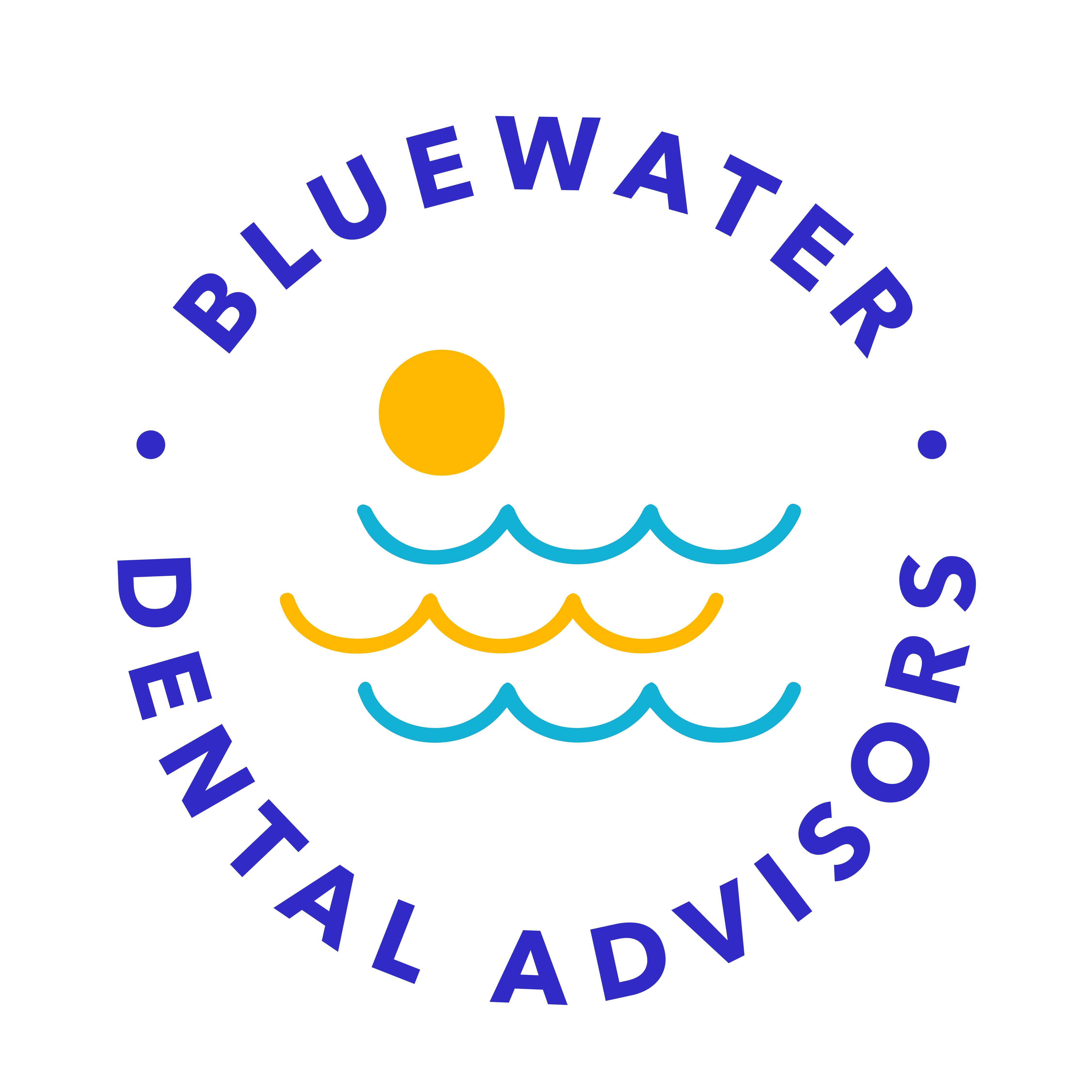As a dental practice owner, it’s easy to become consumed by your work. After all, you’ve built your business from the ground up and put in countless hours of hard work to get where you are today. However, it’s important to remember that your dental practice is not just an extension of yourself – it’s a separate entity that should be able to operate independently of you. One way to achieve this is by avoiding the hub and spoke model.
The hub and spoke model is a common approach to running a dental practice, where the owner acts as the central hub and all other staff members act as spokes that radiate out from the center. This model can create several problems for the practice, including:
- Over-reliance on the owner: When the owner is the central hub of the practice, everyone else becomes overly reliant on them for guidance and decision-making. This can lead to bottlenecks and delays in getting things done.
- Limited scalability: If the owner is the only one who knows how to do everything in the practice, it can be difficult to scale up and take on more patients or expand to new locations.
- Burnout: When the owner is the central hub, they may feel like they can never take a break or delegate responsibilities to others. This can lead to burnout and decreased job satisfaction.
So, how can dental practice owners avoid the hub and spoke model and separate themselves from their work? Here are a few tips:
- Hire the right people: It’s important to hire staff members who are skilled, motivated, and capable of taking on responsibilities beyond their current role. Look for individuals who are eager to learn and grow, and who can take ownership of their work.
- Clearly define roles and responsibilities: Make sure that each staff member knows exactly what their role is and what they are responsible for. This will help to avoid confusion and ensure that everyone is working together towards a common goal.
- Empower your staff: Give your staff the tools and resources they need to succeed. This may include training, education, and access to the latest dental technology.
- Delegate responsibilities: Once you’ve hired the right people and clearly defined roles and responsibilities, it’s important to delegate tasks and responsibilities to others. This will help to build trust among your staff and allow them to take ownership of their work.
When planning your exit, separating yourself from the business is a key step to help ensure the maximum value for your business. For example, imagine you are a buyer and you are interested in a practice, but you find that the current owner is working long hours and the business wouldn’t run if he/she couldn’t. As a buyer you are much less likely to subject yourself to that as opposed to a business that runs itself. Whether you are planning on leaving or an unexpected circumstance arises leaving you unable to work, it is best that your largest asset is in the most optimal position possible when that time comes.
By avoiding the hub and spoke model and separating yourself from your work, you’ll be able to build a more successful and scalable dental practice. Remember, your practice is not just an extension of yourself – it’s a separate entity that can thrive with the right team in place.
If you have an understanding of why but you are still seeking how to accomplish this within your business, please feel free to learn more with this complimentary downloadable e-book: The 4 Degrees of Delegation.
If you are interested in learning how separated you are from your business, along with other key drivers for a successful exit of your business, take this no cost questionnaire courtesy of our partnership with Value Builder: https://score.valuebuildersystem.com/bluewater-dental-advisors/steven-huskey


Your Comment
Leave a Reply Now